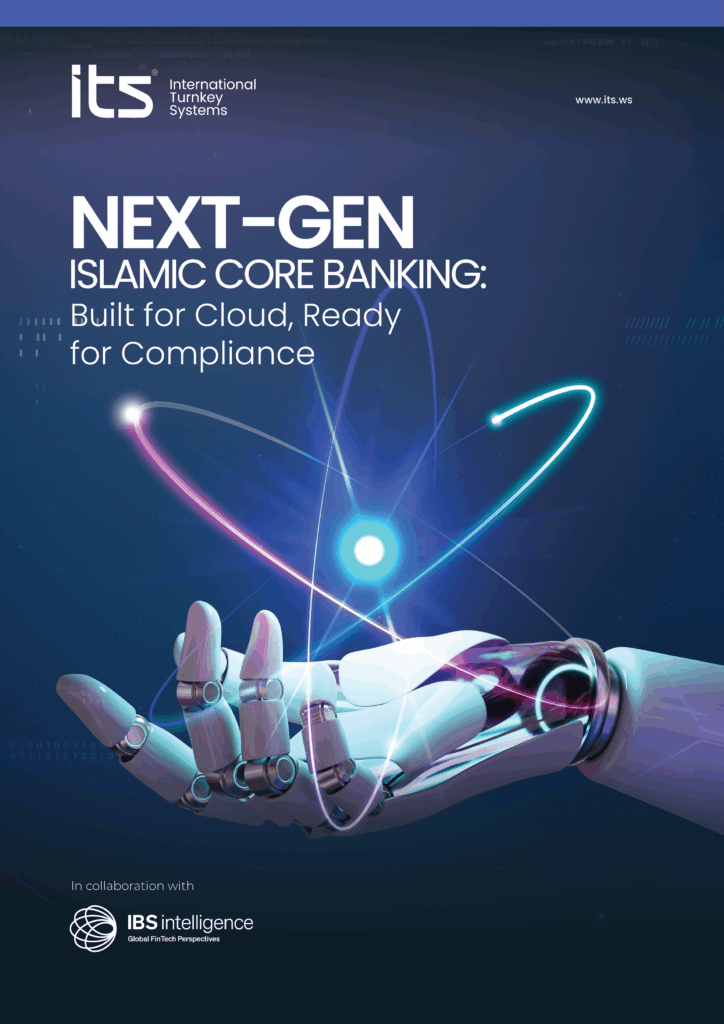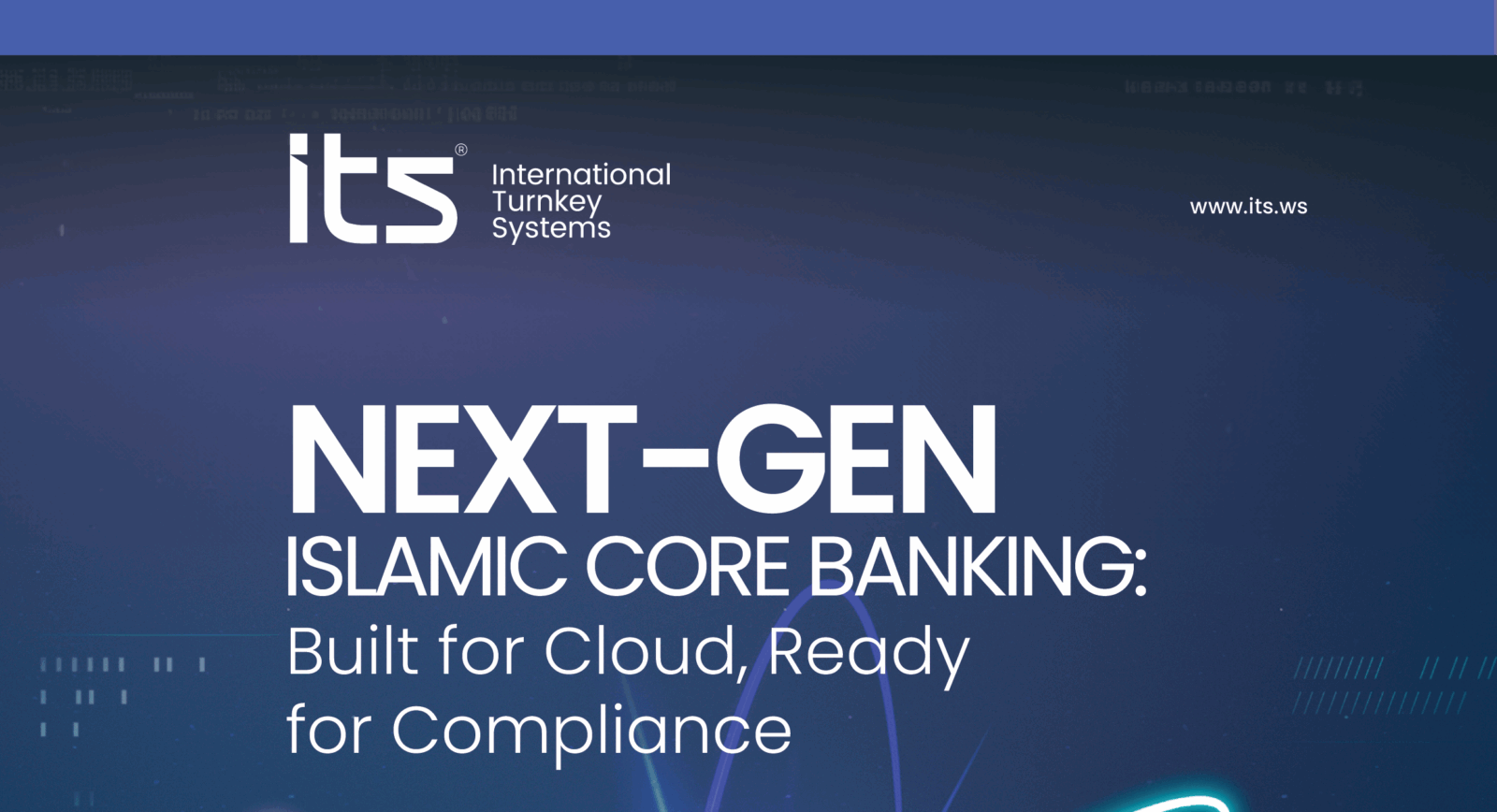Built for Cloud, Ready for Compliance
This study was made in collaboration with IBSi
Islamic finance is now a multi-trillion-dollar industry. On the IFDI measure, assets reached about US$4.9 trillion
in 2023. On IFSB’s narrower* scope, 2024 assets rose 14.9% year on year to US$3.88 trillion. Looking ahead,
medium-term forecasts place the industry near US$7.5 trillion by 2028. (Sources: IFDI; IFSB; LSEG; Standard
Chartered.)
*Includes core IFSI sectors—Islamic banking, sukuk outstanding, Islamic funds’ AuM, and Islamic insurance
(takaful) assets. Excludes Other Islamic Financial Institutions” such as leasing or microfinance
Yet the industry finds itself at a strategic inflection point. As customer expectations shift toward seamless
digital experiences and regulators demand tighter controls, Islamic financial institutions must rethink their
operational models—without compromising on Shariah principles.
Islamic financial institutions must walk a tightrope: embracing innovation while preserving the foundational
values of trust, transparency, and ethical conduct. Manual Shariah review processes, fragmented systems,
and siloed data not only slow down operations but make compliance expensive and error prone. As a result,
institutions struggle to scale offerings, launch new products, or compete with digital-native banks—all while
managing complex fatwa-based interpretations and local regulatory overlays.
Without system agility and automation, the burden of Shariah compliance becomes unsustainable. Banks
that rely on manual vetting and retroactive audits risk delays, errors, and reputational fallout. Modernization
enables real-time Shariah screening, smart contracts for Sukuk, dynamic profit rate adjustments, and proactive
regulatory reporting. Moreover, it creates opportunities to scale ethically aligned fintech partnerships, crowdlending
platforms, and takaful ecosystems.
Cloud and composable banking architectures are emerging as pivotal enablers of Islamic banking
transformation. With modular APIs and centralized controls, banks can rapidly build, test, and scale Shariahcompliant
products. In recent global surveys, 51% of banking leaders agree banks will ultimately move off
private data centres to public cloud, with cost, AI adoption, and CX gains cited as top drivers. Moreover,
cloud enhances cybersecurity, ensures operational continuity, and reduces infrastructure costs—all critical in
high-trust Islamic financial environments. These technologies do not just enable transformation; they embed
Shariah compliance into the very fabric of banking operations—making trust scalable.




